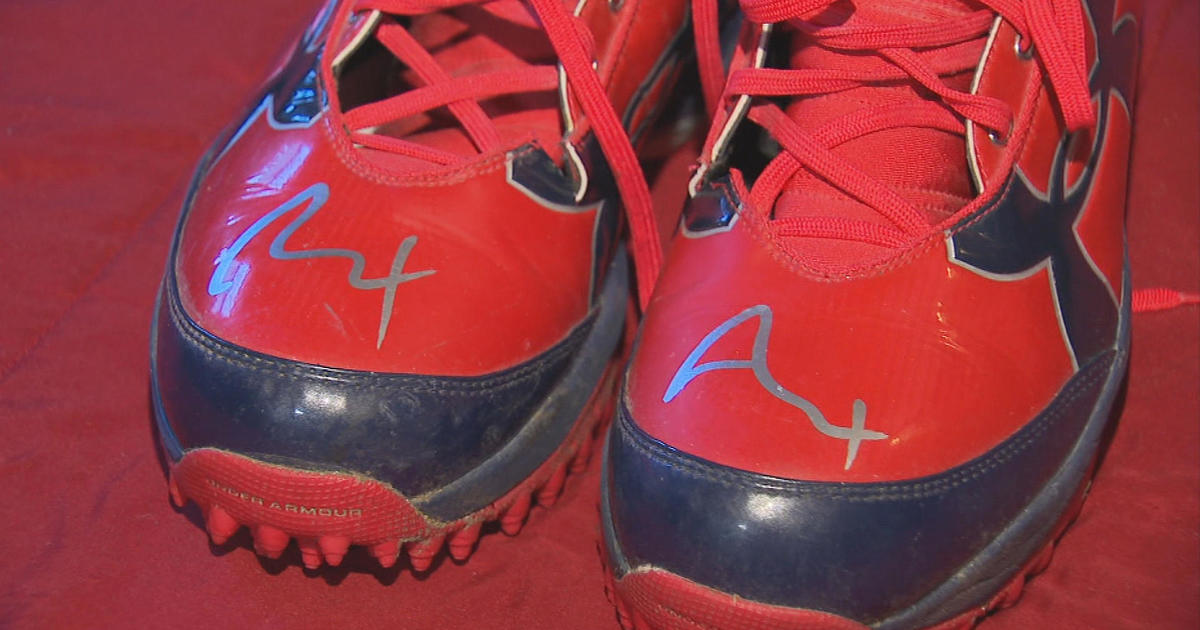New Device Helps Heart Failure Patients Stay Out Of The Hospital
BOSTON (CBS) - Gene Kelly of Rockland, Maine has severe heart failure and has been hospitalized seven times in the past year. "You just can't do anything," the 54-year-old explains. "It feels like you just ran a marathon and you're done."
With heart failure, elevated fluid pressures can cause fluid to back up into the lungs, making it hard to breathe.
Dr. Lynn Warner Stevenson is the Director of the Heart Failure and Cardiomyopathy Center at Brigham and Women's Hospital. She says if those fluid pressures are kept under control, patients can be kept out of the hospital. "One of the things we've learned is that those fluid pressures increase several weeks before patients notice them," says Dr. Stevenson. "And if we can get them and lower them early enough, we can often prevent these symptoms from leading to hospitalizations."
Now a device called CardioMEMS will allow doctors to measure those pressures in the heart and act on them without even seeing the patient. A tiny pressure sensor is thread through a leg vessel into the heart and deposited into a small vessel feeding the lung. Once a day a patient lies down on a special pillow, presses a button, and pressure data are transmitted wirelessly to a physician's computer.
A recent clinical trial found that CardioMEMS was associated with a 37% reduction in the rate of hospitalization in patients with heart failure. Dr. Akshay Desai, a cardiologist at Brigham and Women's who specializes in treating patients with heart failure and was involved in the research says it's a wonderful way to keep a close eye on patients while they're still at home. "We spend a little time in clinic with patients managing their heart disease, but 99% of the time they're in their homes or away from clinic," says Dr. Desai. "It's a window into a patient's heart outside of the clinic that is so important to long-term heart failure management and keeping patients well."
Gene Kelly just became the first patient in New England to receive CardioMEMS since it was recently FDA approved. "They're like my watchdog," he says. "They can say well, what did you eat? You been eating right? If it goes up a little or if it goes up a lot, they'll say you have to take more medicine, extra medicine. We can tackle it right at home. And it gives me a little bit better quality of life."
MORE HEALTH NEWS FROM CBS BOSTON



